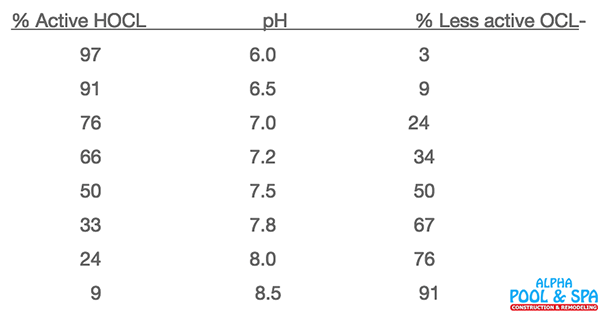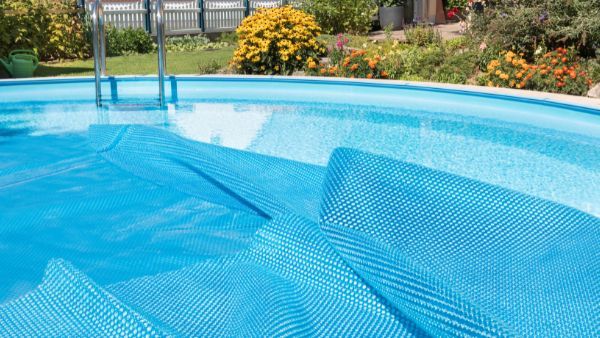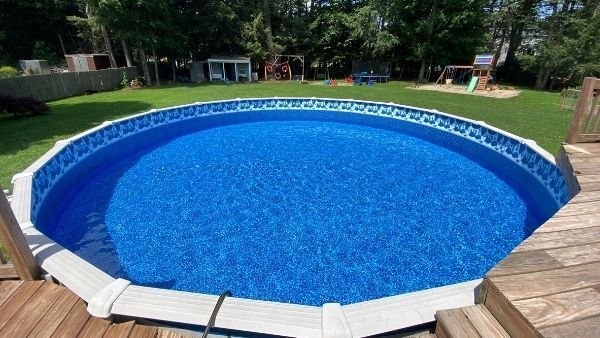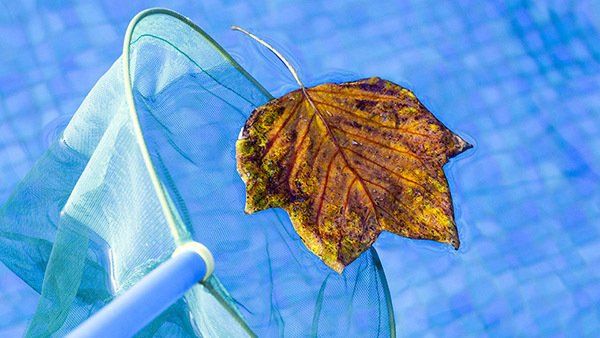Managing Chlorine Demand - How to Save Money on Pool Chemicals
Your pool chemicals are eating up the biggest chunk of your pool’s maintenance cost.
But they're also one of the areas in your pool maintenance checklist where a few simple tricks can save a lot of dough. So if you're ready to stop wasting money on pool chemicals, check out our list of helpful tips.
These seven tips show you exactly how to save money on pool chemicals, so you can spend your savings on something else.
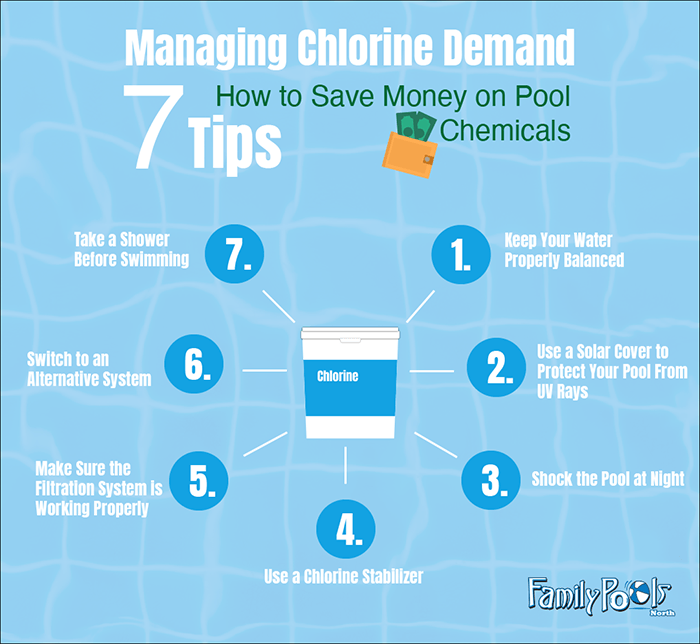
1. Keep Your Water Properly Balanced
Pool water that isn’t correctly balanced is not only bad for your health it also prevents sanitizers from working properly. Chlorine, which turns into Hypochlorous Acid is most commonly used as a pool sanitizer.
Proper pH levels play a vital role in chlorine demand. The lower the pH the more acidic and corrosive the water will be but the chlorine will be more effective as a sanitizer. Higher pH on the other hand causes the water to be base or alkaline, making chlorine less effective.
The best pH for your pool is between 7.2 and 7.6. At this level, the water is alkaline enough that it doesn't hurt eyes, nose, or other human membranes, but chlorine level is still high enough to sanitize.
Alpha Pool & Spa Construction & Remodeling put together this chart for visualization.
Every tick above the proper pH range means your chlorine is less effective by 10%. By a pH of 8.0, your chlorine loses more than 70% of its power to keep algae and bacteria at bay – in other words, your chlorine is 70% more expensive than it has to be.
2. Use a Solar Cover to Protect Your Pool From UV Rays
There are two big reasons you need to protect your pool from sunlight.
The first is the bacteria and algae the chlorine has to kill. Both of these grow best in warm water with lots of sunlight. So if they're allowed to grow almost unchecked in a warm sunny pool, you'll use up your chlorine faster, and have to regularly replenish it.
The second is sunlight inhibits chlorine's efficacy. It causes the sanitizer to dissipate faster and the chlorine demand to go up. On a sunny day, it only takes 2 hours to burn off your chlorine by 90%.
So unless someone is swimming, cover your pool to save money on chlorine.
Extra Tip: Solar Covers also help save energy costs if you are using a pool heater.
3. Shock the Pool at Night
When you're using a lot of chlorine at once, you can make it much more effective by protecting it from the sun’s UV rays. Another method to lower chlorine demand and shielding it from the sun is by shocking your pool at night instead of during broad daylight.
This way not only do you ensure that the chlorine is working, you also don’t have to wait before swimming the next day.
4. Use a Chlorine Stabilizer
A third option to prolong your chlorine’s effectiveness is a chlorine stabilizer. A stabilizer works by absorbing the UV light to help prevent the sun rays from breaking down your chlorine too fast. When chlorine remains stable for longer, you don't have to use as much.
While buying another chemical for your pool may feel more expensive, it will help you save money in the long run.
5. Make Sure the Filtration System is Working Properly
Your sanitizer, pool pump, and your pool filter are supposed to work in sync. If one of them is not working adequately, the other has to work overtime.
Keep your filter clean by checking the pressure gauge or the pressure directly coming out of the return. If the pressure is weak, it’s time to clean your filter.
Run your pool pump for at least 8 hours a day. You can split up the time your pool pump runs between daytime and nighttime if you want. Nighttime might be cheaper but less effective unless you treat your pool with chemicals. Otherwise, we recommend running it during the day when the sun is beating on your pool.
So in order to save money on pool chemicals, you need to make sure you're not making your sanitizer and equipment work harder than necessary.
6. Switch to an Alternative System
Switching to an alternative pool system such as a salt, ozone, or uv can help you reduce chlorine consumption and lower pool maintenance cost by nearly 40%. The initial set up will likely be more expensive, but over time the pool savings are worth it.
7. Take a Shower Before Swimming
Another way to reduce the workload of your filter and sanitizer is by having people shower before using the pool. This removes body oils, makeup, sunscreen, dead skin, and anything else that you might leave in the pool which will then need to be removed.
These Tips Show You How to Save Money on Pool Chemicals – and Reduce Chlorine Demand
Once you know how to save money on pool chemicals, it's not hard to manage efficiency. A lot of it comes down to using tactics so your chemicals don't have to do as much work.
These are tactics such as: protecting your chlorine from UV as well as your pool so algae and bacteria can't grow and keeping your chemicals balanced so you don't have to use more chlorine than necessary.
Do you still have questions about chlorine demand or pool maintenance?
Contact us or stop by our store at 3 Newton Junction Road in Kingston, NH.
Download the 7 Tips infographic as a printable PDF [HERE].



